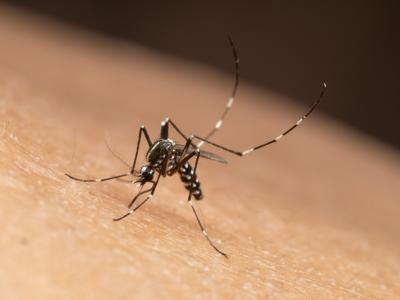Minnesota reports 11 more H5N2 outbreaks
Minnesota, the epicenter of the H5N2 avian influenza battle, today reported 11 more outbreaks on poultry farms, including 8 confirmed detections and 3 presumptive positives, raising the state's total to 67.
Ten of the 11 outbreaks involve turkey farms and one is on a chicken farm, the Minnesota Department of Public Safety (DPS) said in a press release. Aside from two chicken farms and one backyard poultry flock, all the Minnesota outbreaks have involved turkey farms.
Steele County, about 60 miles south of Minneapolis, reported its first outbreak, on a turkey farm where the virus has been confirmed but the number of birds has not yet been reported.
Other confirmed outbreaks, with flock size information not yet available, are as follows:
- Four turkey outbreaks in Kandiyohi County, the state's top turkey producer
- The 11th and 12th outbreaks in Stearns County, involving one turkey farm and one layer chicken farm
- The third outbreak in Swift County, on a turkey farm
Two additional turkey outbreaks in Kandiyohi County are presumed to be H5N2, according to the Minnesota Board of Animal Health (MBAH). With a total of six new outbreaks in the county, its total has reached 25.
Also, Meeker County has a presumed H5N2 event on a farm with 72,400 turkeys, which will be the county's seventh outbreak if confirmed.
In all, Minnesota has had outbreaks at 67 sites in 19 counties, with more than 3.46 million birds affected. The number does not include flocks for which bird counts are still pending.
Apr 29 Minnesota DPS press release
MBAH list of outbreaks
CDC study suggests dog flu virus poses little threat to humans
A genetic analysis of the novel H3N2 influenza virus that has sickened some dogs in the United States suggests that it does not pose a special threat to humans, the Centers for Disease Control and Prevention (CDC) announced yesterday.
The agency said its study revealed "no evidence suggesting an increased potential for this virus to infect humans or cause severe disease in humans. Therefore, the risk to humans posed by this virus continues to be low and is equivalent to that associated with previously circulating H3N8 canine influenza viruses."
The virus was first reported about a month ago in the Chicago area, and by early April it had sickened more than 1,000 dogs and killed 5. The virus, which can also infect cats, is similar to a strain that has existed in China and South Korea since 2006.
The H3N8 canine flu virus has circulated in the United States since 2004. Neither strain has been known to infect humans, the CDC said.
Apr 28 CDC update
Related Apr 13 CIDRAP News item












